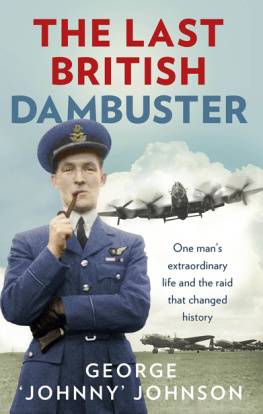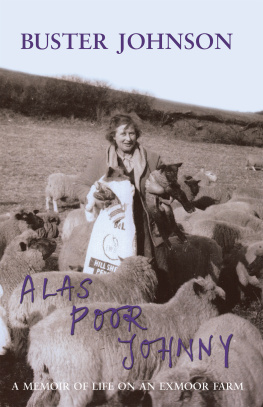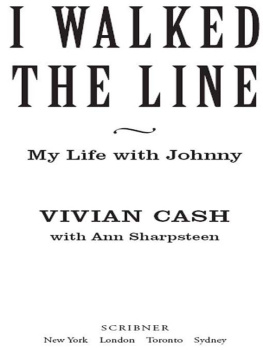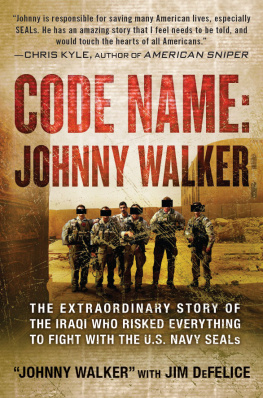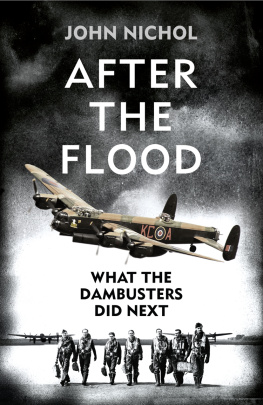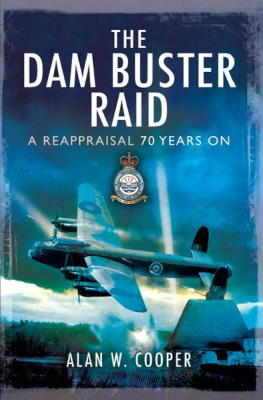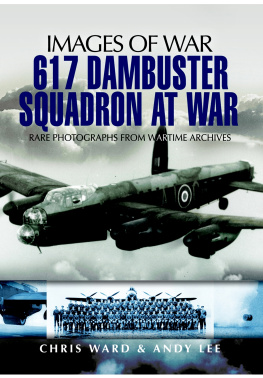Johnson - The last British Dambuster
Here you can read online Johnson - The last British Dambuster full text of the book (entire story) in english for free. Download pdf and epub, get meaning, cover and reviews about this ebook. City: Germany--Ruhr Region., Great Britain., Leicester, year: 2016, publisher: Ebury Press;Thorpe, genre: Non-fiction. Description of the work, (preface) as well as reviews are available. Best literature library LitArk.com created for fans of good reading and offers a wide selection of genres:
Romance novel
Science fiction
Adventure
Detective
Science
History
Home and family
Prose
Art
Politics
Computer
Non-fiction
Religion
Business
Children
Humor
Choose a favorite category and find really read worthwhile books. Enjoy immersion in the world of imagination, feel the emotions of the characters or learn something new for yourself, make an fascinating discovery.
- Book:The last British Dambuster
- Author:
- Publisher:Ebury Press;Thorpe
- Genre:
- Year:2016
- City:Germany--Ruhr Region., Great Britain., Leicester
- Rating:5 / 5
- Favourites:Add to favourites
- Your mark:
The last British Dambuster: summary, description and annotation
We offer to read an annotation, description, summary or preface (depends on what the author of the book "The last British Dambuster" wrote himself). If you haven't found the necessary information about the book — write in the comments, we will try to find it.
One Mans Extraordinary Life and the Raid That Changed History . . .
The remarkable recollections of George Johnny Johnson, Britains last surviving Dambuster.
Johnny Johnson is 92 years old and one of very few men who can recall first-hand the most daring and ingenious air raid of all time. He can also vividly remember his childhood spent working on a farm with his controlling father, the series of events that led him to the RAF and the rigorous training that followed. But it was his decision to join 617 Squadron, and the consequences, that have truly stayed etched in his mind.
On May 16, 1943, Johnny, alongside 132 specially selected comrades, took off from Scampton airbase in Lincolnshire. For six weeks they had been trained to fulfil one mission that was near impossible: to destroy three dams deep within Germanys Ruhr Valley. It was a daring task but, against the odds, Johnny and his crew survived. Sadly, 53 comrades did not.
For the first time, Johnny relives every moment of that fatal night -- and the devastating aftermath. He recalls with unique wit and insight the difficult training conducted in secrecy, the race against time to release the bombs, and the sheer strength and bravery shown by a small unit faced with great adversity and uncertainty. Embodying a whole squadron, and leaving a lasting legacy for generations to come, Johnnys story is like no other.
**
ReviewA wonderful read Huw Edwards, BBC News His descriptions take wing and become lyrical The Times An evocative reminiscence of a bygone era The Express
About the AuthorSergeant GEORGE JOHNNY JOHNSON was born in Lincolnshire in 1921, the sixth child of a farm foreman. On the outbreak of the Second World War he volunteered for the RAF. After completing initial training, Johnny was sent to the USA for pilot training. Failing this course, he returned to England and became an air gunner. In July 1942, he was posted to 97 Squadron, where he became a bomb-aimer. A chance meeting introduced him to Flight Lieutenant Joe McCarthy, and they were soon flying together on a number of major raids before joining 617 Squadron. Johnny went on to complete a further 19 operations with 617 Squadron before he was posted elsewhere. He remained an instructor until the end of hostilities. Post-war he served with 100 Squadron and 120 Squadron Coastal Command. After a period in the Far East and a final tour in the UK, Johnny retired as Squadron Leader in 1962. Following the death of his wife, whom he adored for over 60 years, Johnny moved to Bristol where he is supported and much loved by an extended family of three children, eight grandchildren and 18 great-grandchildren. .
Johnson: author's other books
Who wrote The last British Dambuster? Find out the surname, the name of the author of the book and a list of all author's works by series.

